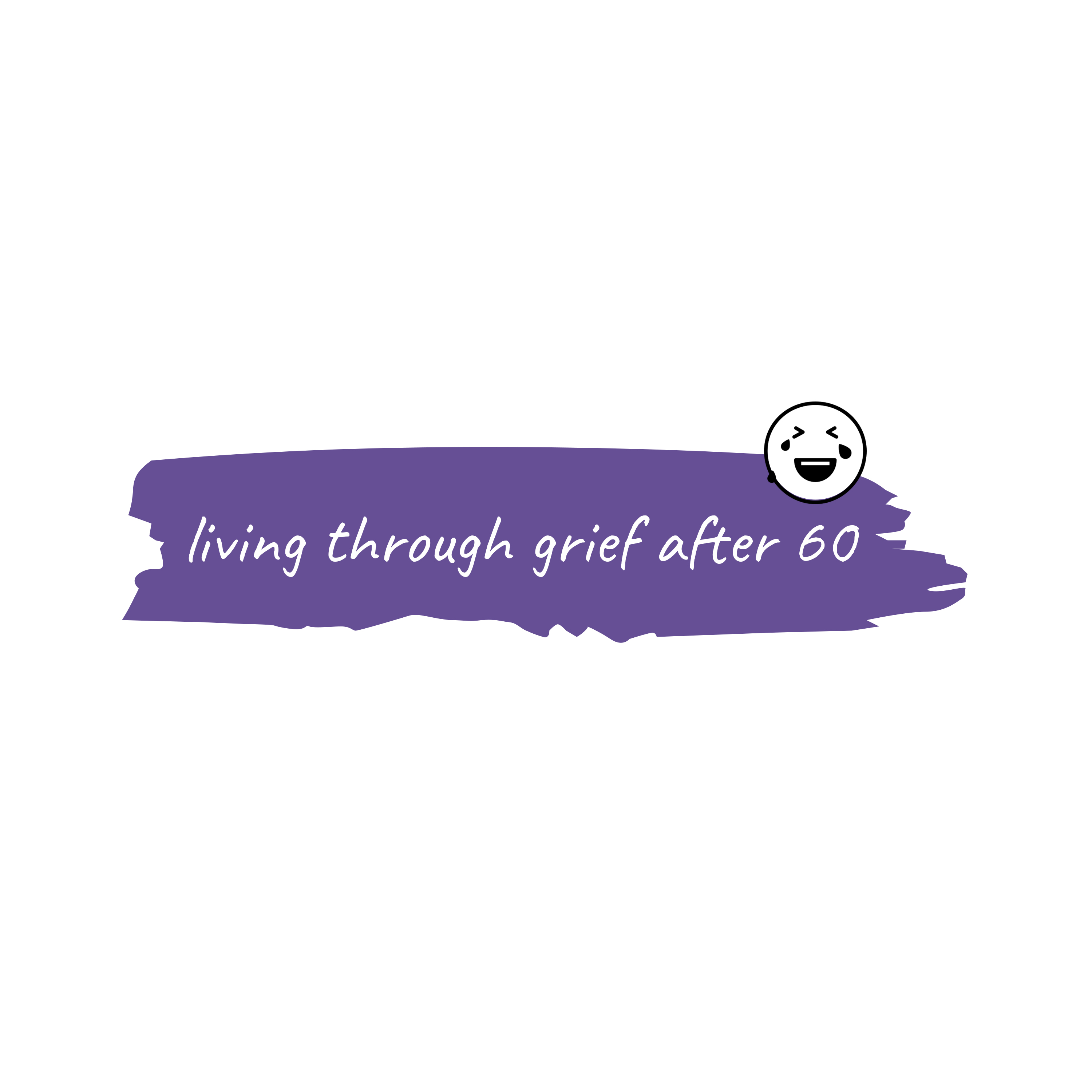Introduction
By age 60, it is possible you either know someone with dementia or are their primary caregiver. Alzheimer’s is the most common form of dementia. Eileen Silverberg’s A Warrior of Light: A Guide of Inner Wisdom for Challenging Times can help you care for a loved one with dementia and continue to live your life. Silverberg tells the story of her mother’s (aka Tuti) battle with Alzheimer’s.
Silverberg talks about Tuti’s challenges with Alzheimer’s; it is challenging for not just the patient, but for everyone who loves them. She shares her story of being a “Warrior of Light”. Silverberg does what she needs to do to not only enrich Tuti’s life despite her illness but adapt to living with the changes Alzheimer’s brought to Tuti’s life. She writes in detail about Tuti not recognizing her and asking what something is that she had used for years. The concepts that helped Silverberg care for Tuti while still seeing her as her beloved mother include the following.
Pieces of Advice from “A Warrior of Light”
The one consistent piece of advice Silverberg offers to “Warriors of Light” is “Smile. It is good for you”. Other pieces of advice she offers throughout the book include:
- never changing the layout or set up in their homes
- realizing that when we think our parents are in the beginning stages of Alzheimer’s, in reality, they are in the middle stages
- reassuring your loved one that all is well, no matter what
- know “when to get help and when to let them go”
Gratitude and Faith
Silverberg shares her faith in God in helping her get through Tuti’s illness throughout the book. Her faith also helps her through the challenges she and her family faced as she cared for Tuti.
Silverberg described gratitude as ‘a powerful force that fills our mind and body with increased well-being. She feels more connected to God the more she focuses on her gratitude for everything Tuti is able to do. Silverberg focuses less on what Tuti is no longer able to do. She wrote that gratitude is possible when people become more loving, compassionate, understanding, content and inspired with their loved ones. When people are focused on gratitude, Silverberg wrote, they can feel more connected to God and his support.
Ho’Oponopono
Ho’Oponopono, Silverberg shared, is a philosophy of life that helped her take care of Tuti as she heals through forgiveness. It is defined as “one of the seven principles of Huna, which is believed to be as old as thirty-five thousand years. It is one of the original sciences of healing”. People who practice Ho’Oponopono make a conscious choice to “create new connections through repairing and forgiving yourself, your limiting beliefs, and others to whom you are connected”. As Silverberg cared for Tuti, she practiced Ho’Oponopono as “the healing practice of forgiveness”. Ho’Oponopono allowed her to live in the present, releasing her from her past pain.
“‘Ho’ in Hawaiian means to do, and ‘Pono’ means correct, to fix, virtuous, just, honorable and good”. Sillverberg is not an expert in Ho’Oponopono. She was raised Catholic and has been attending a Christian church for over 20 years. However, Ho’Oponopono makes an individual’s spirituality “more meaningful by enhancing your own practice”. Consequently, Ho’Oponopono helped Silverberg care for Tuti by living in the present. She cared for Tuti the way she deserved to be cared for.
“WOW” (Wisdom Over Worrying) Moments
Silverberg goes through several examples of when Alzheimer’s patients begin to “go through moments of discomfort, disconnection, loss…” or what Silverberg herself called “WOW” moments. These moments include:
- “WOW, I can’t believe she can’t do…
- WOW, I can’t believe she doesn’t know how to…
- WOW, I can’t believe she can’t remember…
- WOW, she doesn’t recognize me…”
Silverberg encourages “Warriors of Light” to look at loved ones living with Alzheimer’s “with a comfortable, almost welcoming attitude”. People feel many different emotions as they watch their loved ones going through Alzheimer’s. She suggests that despite the journey “Warriors of Light” and their loved ones with Alzheimer’s are going through, the experiences of parents and others who are going through Alzheimer’s are different from your own point of view.
What is a “WOW” Moment?
A WOW moment is when you begin to “realize the impaired abilities of your loved one’s intellect keep getting worse”. However, a WOW moment also means you can make a deliberate decision to have “Wisdom over Worry”. Silverberg shares the time when Tuti, who never left the house without lipstick and could apply it without a mirror, didn’t seem to know what it was when Silverberg took one of the lipsticks out of her purse and gave it to her. Tuti even asked her daughter what it was; was it something she ate? Tuti completely forgot that she had used lipstick all her life. She also forgot what a toilet was when they went into a restroom at a drugstore, Silverberg shared.
“Warriors of Light” “can choose to anticipate these moments with WOW curiosity and embrace them”. They can choose to see their loved ones as God’s creatures who deserve to be loved despite their journey. It is only when “Warriors of Light” make the choice to use “Wisdom Over Worry” when loved ones forget things, they’ve known their whole lives. A WOW moment can be “welcomed and embraced for us to provide security and love”.
Stopping the Frustrating “Tiki Tiki”
Eventually, caring for loved ones leads “Warriors” to start thinking about what Silverberg calls “Tiki Tiki”. These are statements “Warriors” hear in their heads. Caregivers unnecessarily begin to be afraid they will be unable to live their lives while caring for loved ones with Alzheimer’s.
Some of the “Tiki Tiki” that Silverberg feared and the truth behind the statements are as follows:
- She will never be able to visit her daughter – It will be possible to coordinate a weekend for the entire family to visit her daughter.
- Eileen and Rick (her husband) will never be able to travel together again – They will have many opportunities to plan and enjoy fun and memorable vacations.
- Her marriage will never survive the challenges of caring for Tuti – Their marriage has survived many challenges with love and communication and continues to be strong.
- Tuti will never give Eileen a break – Tuti has made her daughter’s life a challenge; subsequently the challenges she faces while caring for Tuti’ are nothing new. However, Tuti has filled her daughter’s life with “lots of moments of pure, priceless joy and happiness’.
These are among the many “Tiki Tiki’s” that Silverberg writes about while she cared for her mother. Silverberg stressed that it is important for a caregiver to make their well-being a priority in their lives. But, if they do not, it is easy to let the fears of their limitations influence their lives. When caregivers commit to themselves and their well-being, it is easier for them to quiet “the lonely, the sad, the tired, the depressed, the resentful, the mad, the can’t, the couldn’t, and the shouldn’t voices” any caregiver hears as they care for a loved one with Alzheimer’s.
Conclusion
Silverberg’s book is “a guide of inner wisdom for challenging times”. She shows in this very honest and loving book how caregivers can be flexible and change as their loved ones face Alzheimer’s. She encourages all “warriors of light” to plan to sustain themselves with “intense courage, bravery and mental stamina”. To do this, Silverberg had to have “an absolute dedication to the defense of my well-being and the well-being of those whom I love”. She did this with the help of a strong faith which helped her remember that her mother was still someone who is worthy of unconditional love.
To read more about how Silverberg was able to deal with Tuti’s illness, click on the link below. Caring for a loved one with Alzheimer’s doesn’t just change the person affected with it, but also everyone they love. As much as it is challenging, it is also rewarding for the patient with Alzheimer’s and their loved ones. A Warrior of Light: A Guide of Inner Wisdom for Challenging Times is recommended for caregivers who want to know more about being a “warrior of light” for their loved one with Alzheimer’s, their extended family and themselves.
About The Author
EILEEN SILVERBERG is a Life Coach in Emotional Management. Her mission is to help those who are struggling with life event transitions & crisis to recuperate control of their lives. Through her powerful methodology people can deal, manage, and balance their life in a more positive and healthy way. Eileen has been taking care of her mother with Alzheimer’s for over seven years and has taught and presented lectures for the Alzheimer’s Association on self –care and meditation practices. She felt inspired to write A Warrior of Light after experiencing deep physical and mental benefits integrating her unique methodology. Eileen became a skillful meditation leader for professional caregivers. She has successfully conducted on-going sessions for staff in the most highly ranked nursing and rehabilitation nursing centers in South Florida.
She is the founder and creator of E.S. Being Aloha Soul Meditation, which mixes movement with meditation. In 2018, E.S. Being Aloha Soul Meditation was granted it’s own trademark. When she isn’t inspiring other caregivers, she works in the two luxury wine boutiques that she and her husband own in Florida and enjoys going to the beach, hiking, traveling, and playing with her two Chihuahuas. She hopes that her readers will learn to release the guilt, forgive themselves, and act with love and kindness towards themselves and the one they care for.

